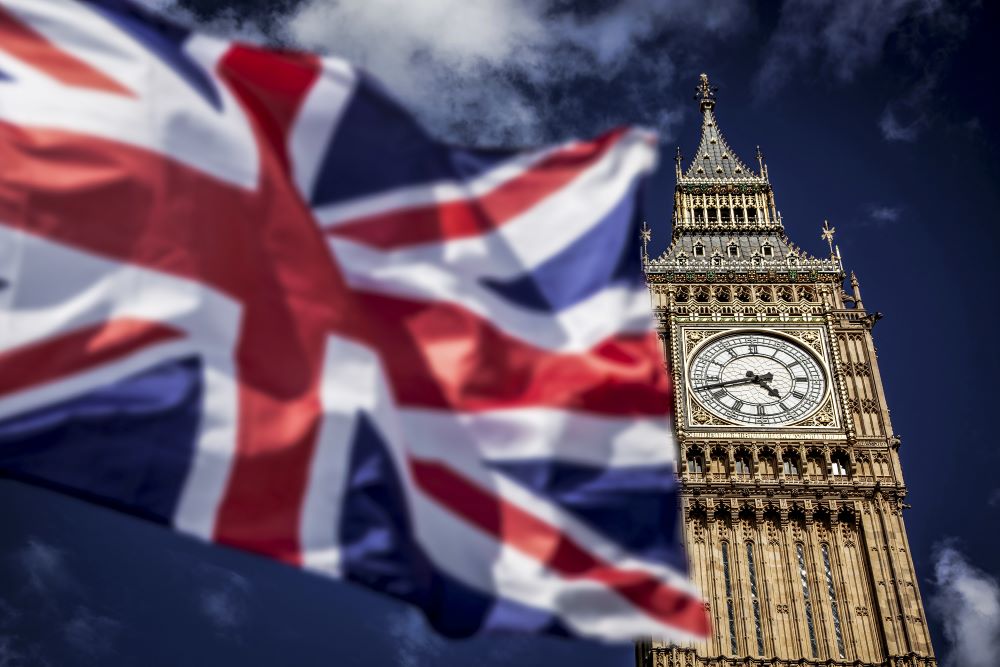
An important committee in the House of Lords has accused the government of rowing back on a key promise to allow for proper parliamentary debate and scrutiny over its new post-Brexit trade deals.
Baroness Hayter, chair of the Lords International Agreements Committee, wrote in Politics Home yesterday (8 February) to say that British lawmakers risked “being used to rubber stamp the outcome of a deal, rather than helping inform the progress of talks”.
Parliamentary role
The International Agreements Committee was set up when it became clear that, after Brexit, the UK would be able to negotiate its own independent trade deals.
A report by the committee on current ‘working practices’ set out how it could work with the government to scrutinise negotiating objectives, the progress of talks and the final treaties.
Reassurance
According to Politico, investment minister Gerry Grimstone said he wanted to “provide reassurance” that parliamentarians would have a chance to debate all trade deals before they are ratified.
But the government has said that it “disagrees with the committee’s characterisation that the minister’s statement constitutes a rule”.
Trade Bill
The government last year passed the Trade Bill to provide the legal framework for post-Brexit UK trade policy
“This Bill contains key measures that will provide continuity and certainty for businesses and consumers across the UK as we reach the end of the transition period,” said Conor Burns, the trade policy minister at the time of its introduction.
Moves to ensure that Parliament had the final say on trade deals were defeated in July 2020, although then international trade minister Greg Hands told the House at the time that the government remained “committed to transparency” and appropriate parliamentary scrutiny would be given to trade deals.
Concerns
There is concern that deals with nations with controversial human rights records – including India, Saudi Arabia and Israel – may need greater oversight.
The Commons International Trade Committee is already having trouble with the tight timelines the government has given them to examine the Australian trade deal, Politico reports.



